Florida Gulf Coast University issued the following announcement on March 24.
What if you could step back in time and see the landscape as it was before human development? In most cases, you would need something akin to a souped-up DeLorean or a green stone protected by a wizard to make that happen. One Florida Gulf Coast University student found another way, but it meant traveling a long distance from Fort Myers.
It was 2018, and then-biology undergrad Alex Marsh was on a Peruvian adventure – also known as an FGCU study-abroad course. The trek took him to one of the most biodiverse places in the world – the Amazon, which contains 3 million species, according to Greenpeace – and a city called Iquitos that borders the Amazon River and a tributary – the Nanay River.
“It had been a dream of mine to eventually go there and see all this amazing biodiversity,” Marsh said.

Matt Metcalf, Alex Marsh and other researchers are compiling a baseline of biodiversity in an area of Peru that is likely to become developed. Photo: Billy Gunnels.
As part of Marsh’s study abroad requirement, he created a three-day study, including collecting data and presenting findings. After learning a bit about Iquitos, he knew he had a project. At more than 500,000 people, Iquitos is considered the biggest city in the world “that cannot be reached by road,” according to LonelyPlanet.com. But a planned bridge would change all that – linking Iquitos by road to the other side of the Nanay River and, therefore, introducing people into undisturbed areas of forest.
While he hopes it doesn’t happen, Marsh believes “there is a chance the road could go directly through” an existing preserve. That means lands with little human impact could suddenly face a massive change as thousands of people move to undeveloped areas. Working with a team that included Project Amazonas (a nonprofit that serves the region), Marsh decided to use the opportunity to collect specific information about reptiles and amphibians living in the area before the road was built.

RELATED STORIES
» Undergrad researchers become FGCU’s first Goldwater Scholars
» Scholarships, research ensure beloved biology professor’s legacy
Marsh knew if enough pre-road data were collected, he would be able to compare that information with new findings after the road was completed. He hopes to show how much of an impact humans have on wildlife. This would be especially important as their habitats are destroyed or changed.
Nearly four years later, the three-day study has morphed into a multiyear project, thanks in part to funding from FGCU’s Honors College and other supporters. Marsh has returned to the area twice with his professors – Billy Gunnels and Matt Metcalf – and, sometimes, fellow students and alums – grad student Ella Guedouar and alumnus Ricky Cassel – in tow.
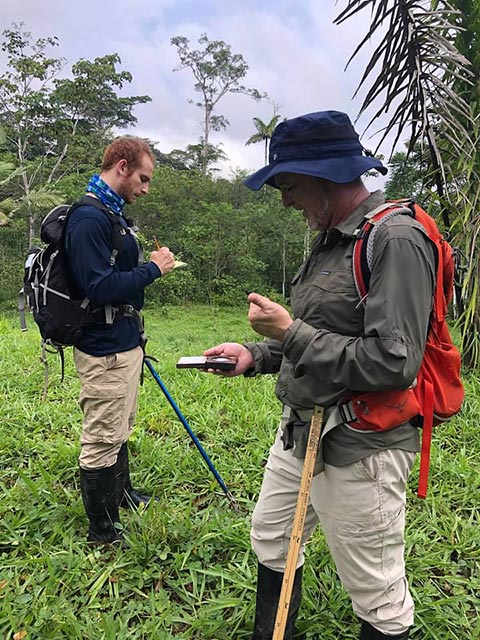
Alex Marsh and Billy Gunnels record climate conditions as well as biodiversity. Photo: Ricky Cassel.
“We mark 250-meter long stretches on the trails. We hike those areas at a set pace once a day. Every single reptile or amphibian that we find along that path, we catch them and measure a variety of variables,” Marsh said.
Those variables include the weight and length of the animal. The team also documents temperature, humidity and where the animal is located. For example, was it hanging on a leaf or on the ground?
“This project could only have succeeded because Alex was involved,” said Gunnels, director of Scholarly Innovation and Student Research at FGCU. “One: He collected the initial pilot data. It was only a three-day study, but it was a good initial understanding of the system. Two: His enthusiasm, dedication and grit ensured that he would be involved in the work.”
The group plans to return this summer for one more pre-road data-collecting trip. It’s possible, according to Gunnels, the team could be in the region when the bridge and road officially open. That would kick-start the second part of the study, which could go on for years to come.
“Most projects for someone like Alex, who was an undergraduate researcher, would be very short-lived – a semester or maybe a full year,” said Metcalf, an FGCU alum and instructor in the Department of Biological Sciences. “You don’t really get as much information out of these short-term projects, and you can’t draw as many strong conclusions. The ability to do this work with Alex has been invaluable, for sure. It’s pretty rare that you can get data before and after development. That makes this project even more special.”
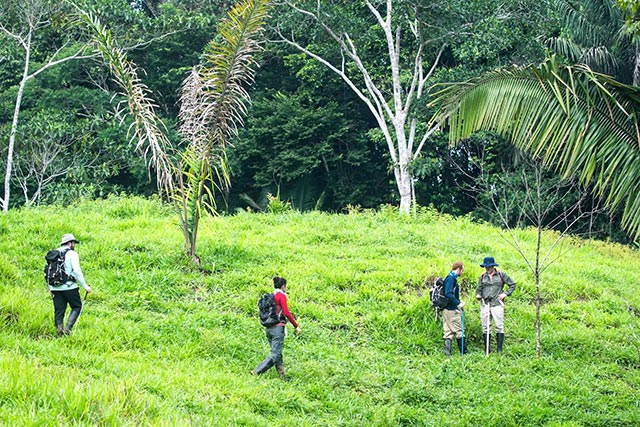
“We mark 250-meter long stretches on the trails. We hike those areas at a set pace once a day. Every single reptile or amphibian that we find along that path, we catch them and measure a variety of variables,” Alex Marsh said. Photo: Ricky Cassel.
As for Marsh, who graduated in 2021, he hopes to be along for the next phase of the research. He is currently working as a veterinarian apprentice in Pennsylvania with plans to start vet school in August at Virginia Tech. No matter what, he won’t forget the opportunity FGCU afforded him through this research project.
“When I came to FGCU, I had no idea what research was,” Marsh said. “I thought it was looking at cells under a microscope all day long. Within the first week of having Ricky Cassel as my Honors College mentor, we went and did gopher tortoise research. As soon as I realized I could be in the field doing this type of research, I was all in. I don’t think at other universities, especially larger universities, we would provide that type of support for an undergrad to do research like this.”
AMAZON WILDLIFE PHOTOS BY ALEX MARSH
Original source can be found here.

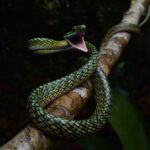
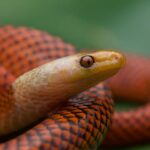
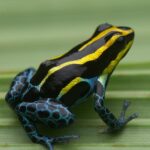
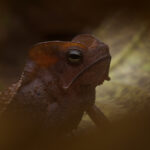

 Alerts Sign-up
Alerts Sign-up